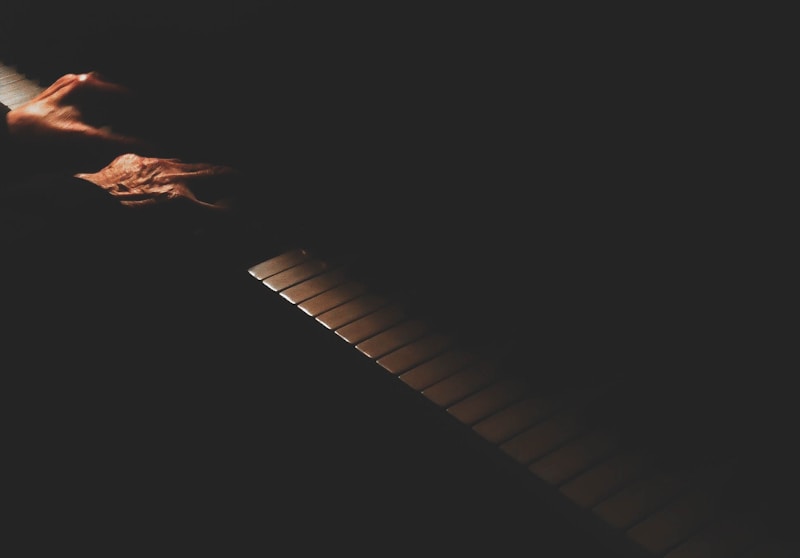Podcast
Questions and Answers
What primary aspect of impressionist music distinguishes it from realistic music?
What primary aspect of impressionist music distinguishes it from realistic music?
Which characteristic of impressionist music is specifically related to the quality of sound produced?
Which characteristic of impressionist music is specifically related to the quality of sound produced?
Which of the following works is NOT composed by Claude Debussy?
Which of the following works is NOT composed by Claude Debussy?
What best describes the type of scales commonly used in impressionist music?
What best describes the type of scales commonly used in impressionist music?
Signup and view all the answers
How does ambient music relate to impressionist music?
How does ambient music relate to impressionist music?
Signup and view all the answers
Study Notes
Impressionism in Music
- Emergence of Impressionism marks the beginning of 20th-century music.
- Focus on conveying moods and transcending reality through musical expression.
- Intended to evoke experiences, such as the calmness or turbulence of the sea.
Ambient Music
- Derives elements from impressionist music, emphasizing atmospheric sound.
- Commonly utilized as background music to create a serene listening environment.
- Incorporates a sense of space, enhancing the immersive experience.
Characteristics of Impressionist Music
- Color / Timbre: Unique tone quality specific to each instrument or voice; crucial for creating rich auditory landscapes.
- Atmosphere: Listeners feel transported to various settings, whether real or imaginary.
-
Chords:
- Use of unconventional scales, such as whole tone scales, to create distinctive harmonic structures.
Claude Debussy
- Recognized as the "Father of the Modern School of Composition."
- Major figure in the Impressionist movement, influencing subsequent composers.
- Notable compositions include:
- "La Mer" - Celebrates the sea's essence.
- "Claire de Lune" (Moonlight) - Evocative and lyrical piano piece.
- "Prelude to the Afternoon of a Faun" - Suggestive orchestral work inspired by poetry.
- "String Quartet" - Mixes traditional forms with innovative styles.
Maurice Ravel
- Contrasts Debussy's work with more complex, extended chord structures.
- Renowned for his craftsmanship and orchestration.
- Key accomplishments include:
- "Bolero" - A rhythmic and thematic exploration, famous for its gradual crescendo.
- "Pavane for a Dead Princess" - Combines nostalgia with elegance, showcasing delicate orchestration.
Studying That Suits You
Use AI to generate personalized quizzes and flashcards to suit your learning preferences.
Description
Explore the essence of Impressionism in music during the 20th century. This quiz delves into how artists and composers conveyed emotions and experiences through sound, often using ambient characteristics. Immerse yourself in the auditory landscapes that reflect moods rather than reality.




